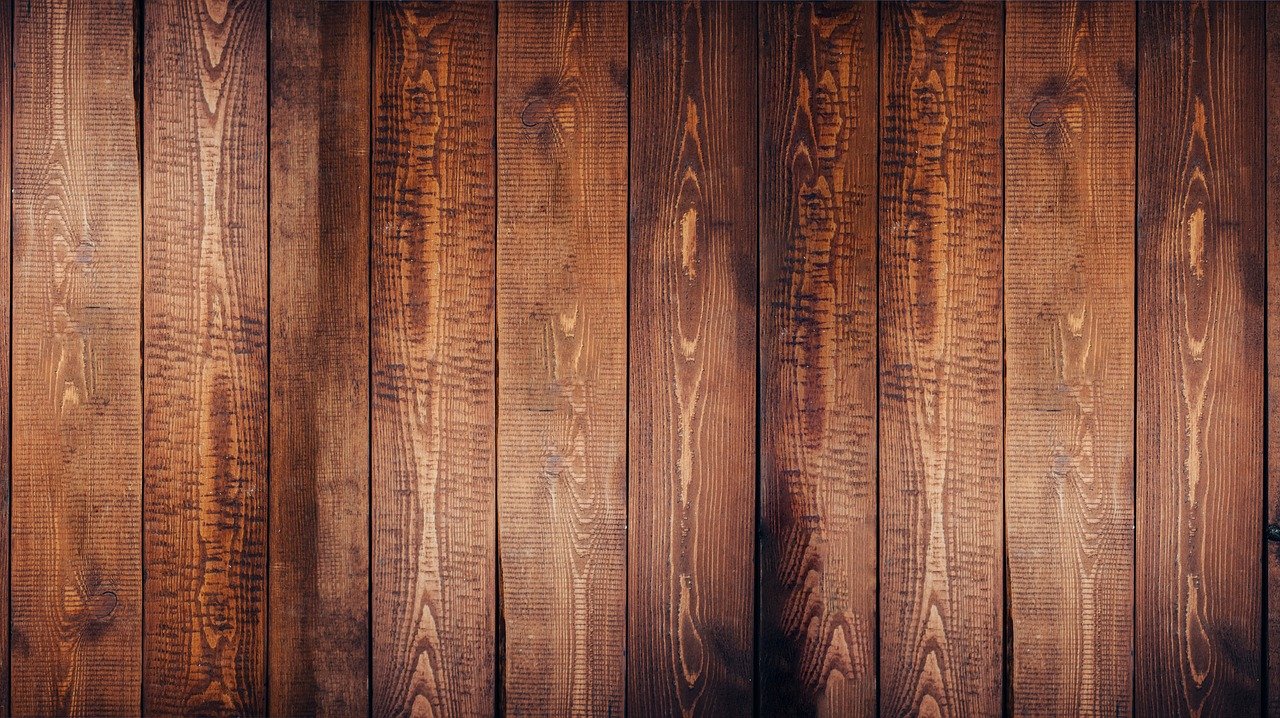Brown is a shade that is very common in our daily life, from the darker shade of wood to the lighter shade of your dose of latte. So you might wonder how the color brown or its shades are formed.
Many colors are involved in forming the color brown. It is both easy and complicated. Artists around the world uses the color brown by just mixing some colors in their palette as it can be made from various colors; primary to secondary to tertiary.
Combinations for the shades of brown
It might be interesting to note that there are numerous possible ways in which the brown color and its numerous shades can be generated. Though it is of primary concern, we will try to cover some of the most popular color combinations for the brown color:
Red + Black

First of all, the simplest combination of colors to form is the old-school brown is simply red and black. The intensity of the darkness of the color depends on the concentration of the black. If the black is added in more quantities, the color gets darker which leaves a darker tinge as well.
Red + Blue

Then comes red and blue. The result is the chocolaty color from the start, unlike the first combination. Red and its shades are essential for most of the combinations that make the brown color.
Red + Blue + Yellow

If you have a taste for a lighter shade of brown then you can mix red, blue, and eventually yellow. This provides a shade of brown lighter than the shades in the first two combinations.
Cyan + Magenta + Yellow

For a more complicated combination, you can choose the combination of cyan, magenta, and yellow. This in turn forms an even darker shade of brown and gives it a hint of ash-like color. Adding yellow diverts it to the lighter shade of brown present in the third combination. It is one of the major colors which has its major applications on the canvas while painting as well.
Orange + Green

Adding orange and green might also give you the common shade of brown. This shade is a common root for the other shades, add a little black and it might give dark brown, and adding a hint of white may turn it into a lighter shade of brown. This brown is the perfect balance between a primary and a secondary color, which results in another scintillating color.
Yellow + Purple

Adding yellow and dark purple and mixing it for a while might give you dark brown. This brown can be used in shadow areas along with 4th combination for objects that have a brown color. Adding purple darkens it, which makes it perfect for even the other applications and shades.
Light Orange + Purple

Lastly, if you mix a light shade of orange with dark purple, that might give you a chocolaty color. Just like in the 6th combination, it can be darkened by using purple
What makes the brown color special?
The placid earthiness is what the brown color symbolizes. With every ounce of tranquility, peace, and immense humility, the brown color is considered one of the dull, yet beautiful colors in arts.
The right balance of red, yellow, black, and blue makes brown the confluence of the primary colors. With enriching liveliness, the color also represents health, dependability, and trust, which makes it one of the most favorite colors.
Bottom line
In conclusion, Brown is a color seen in daily life and is used in art as well it signifies many properties simplicity, health, and friendliness. This is the color, which has a wide range of aesthetic values, that it brings into the canvass of our lives. Read this article to learn the method of making tan color.
